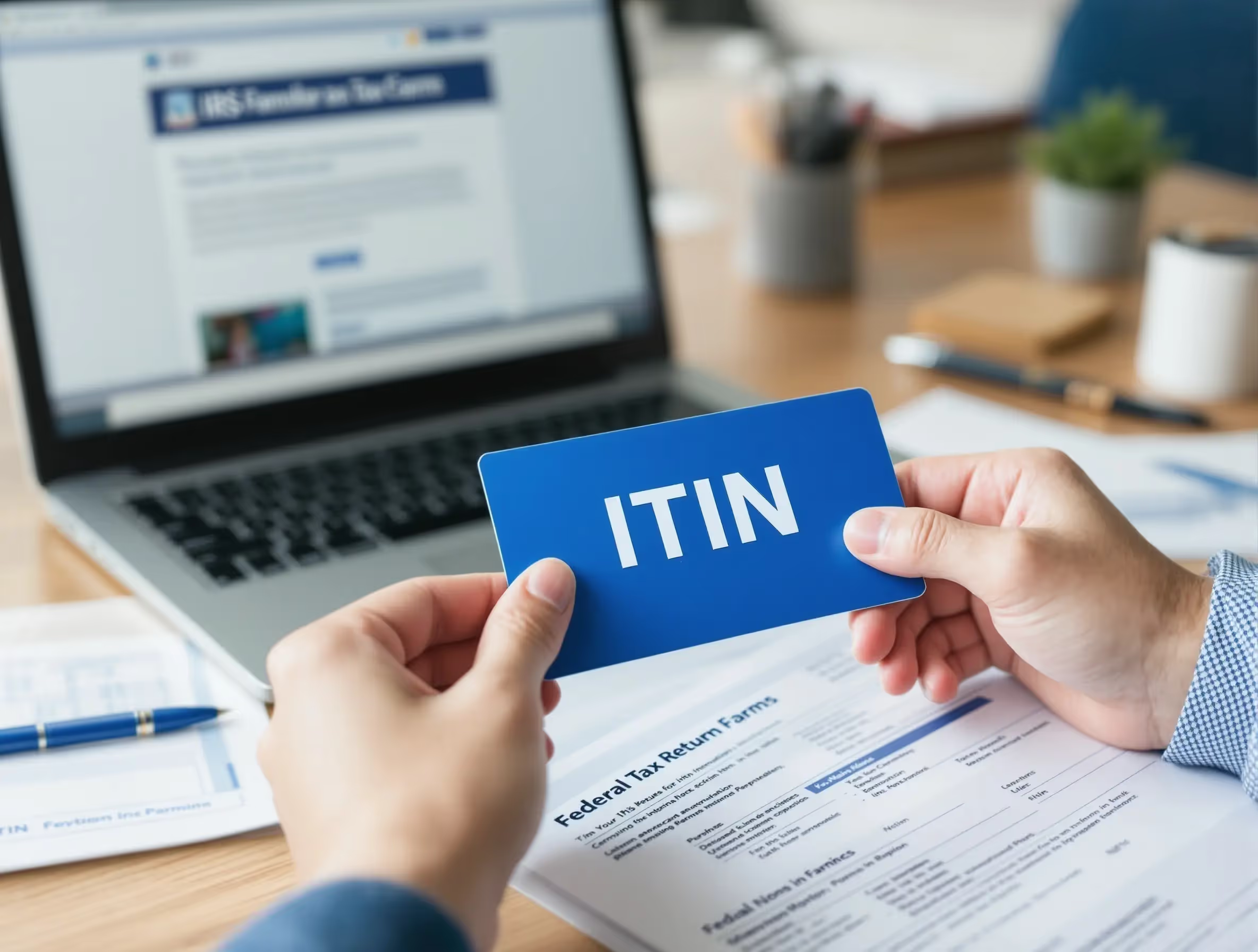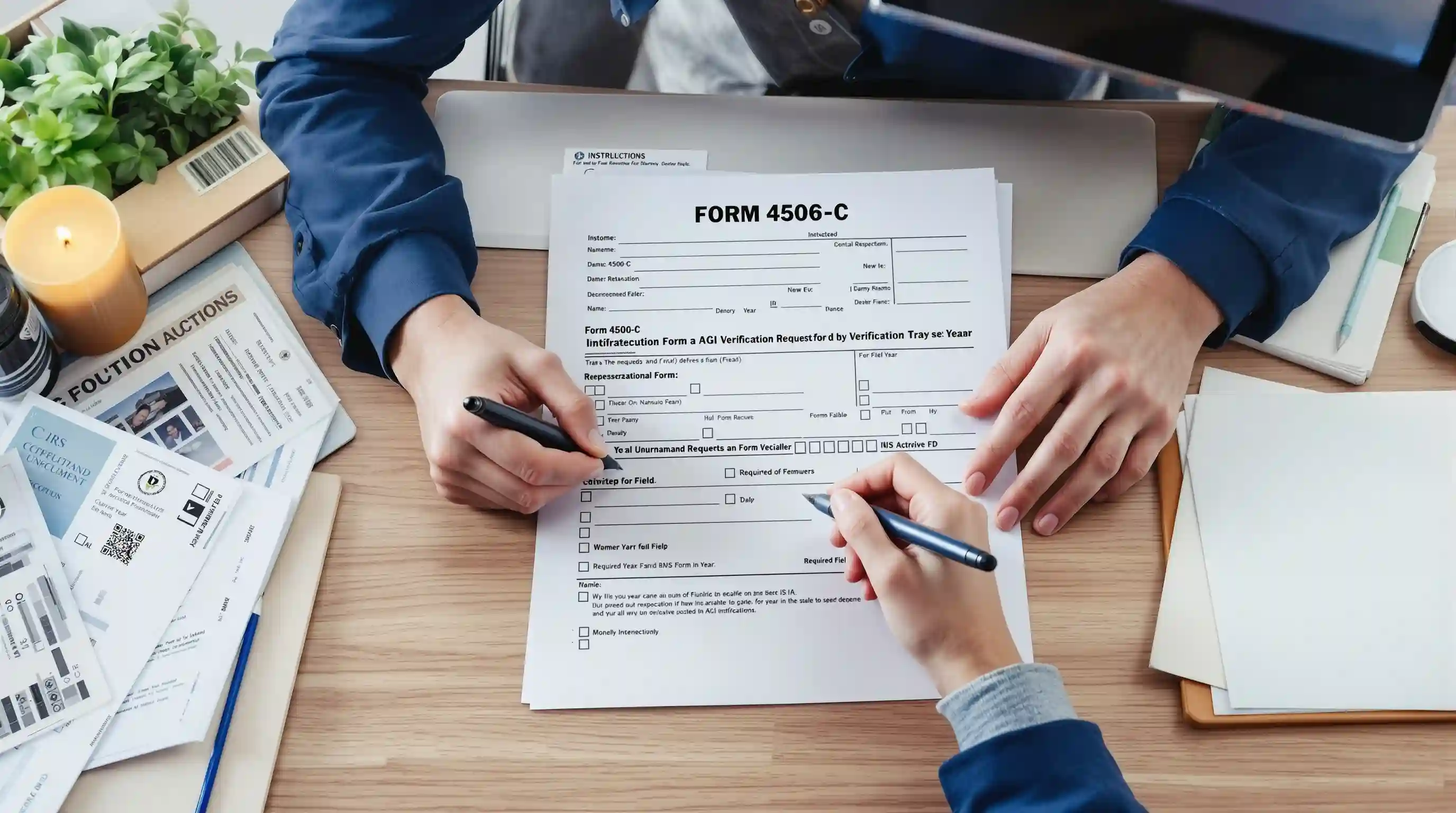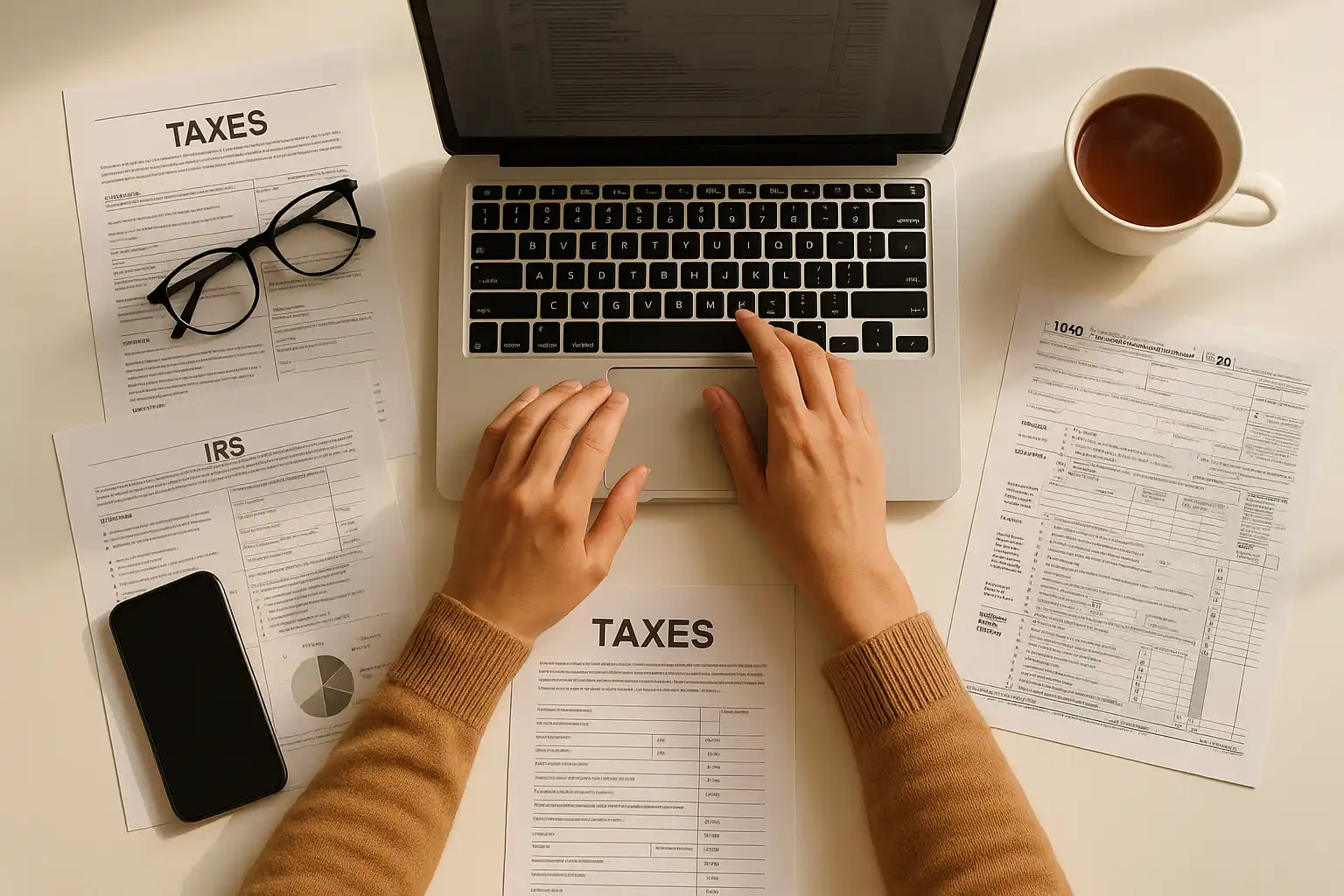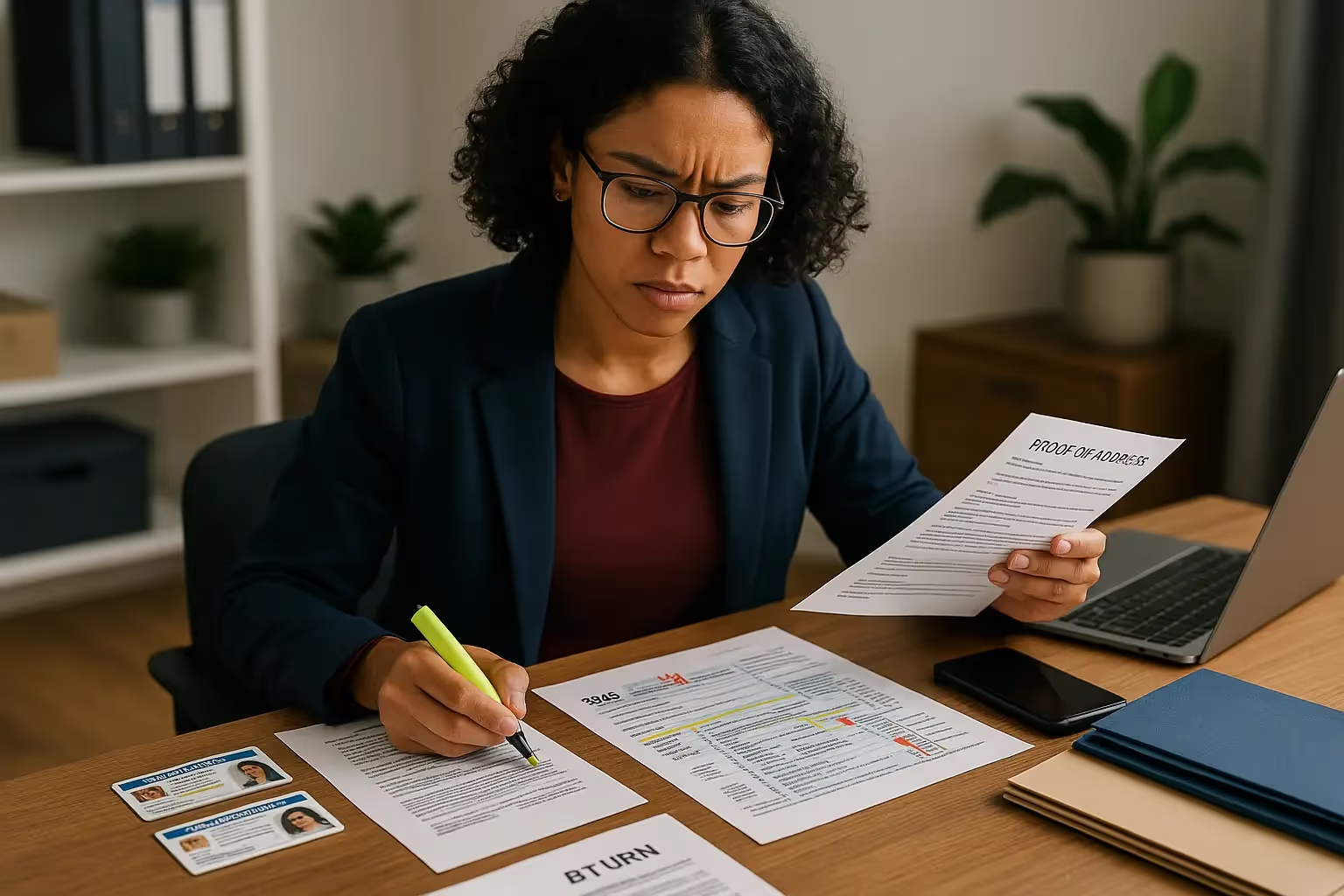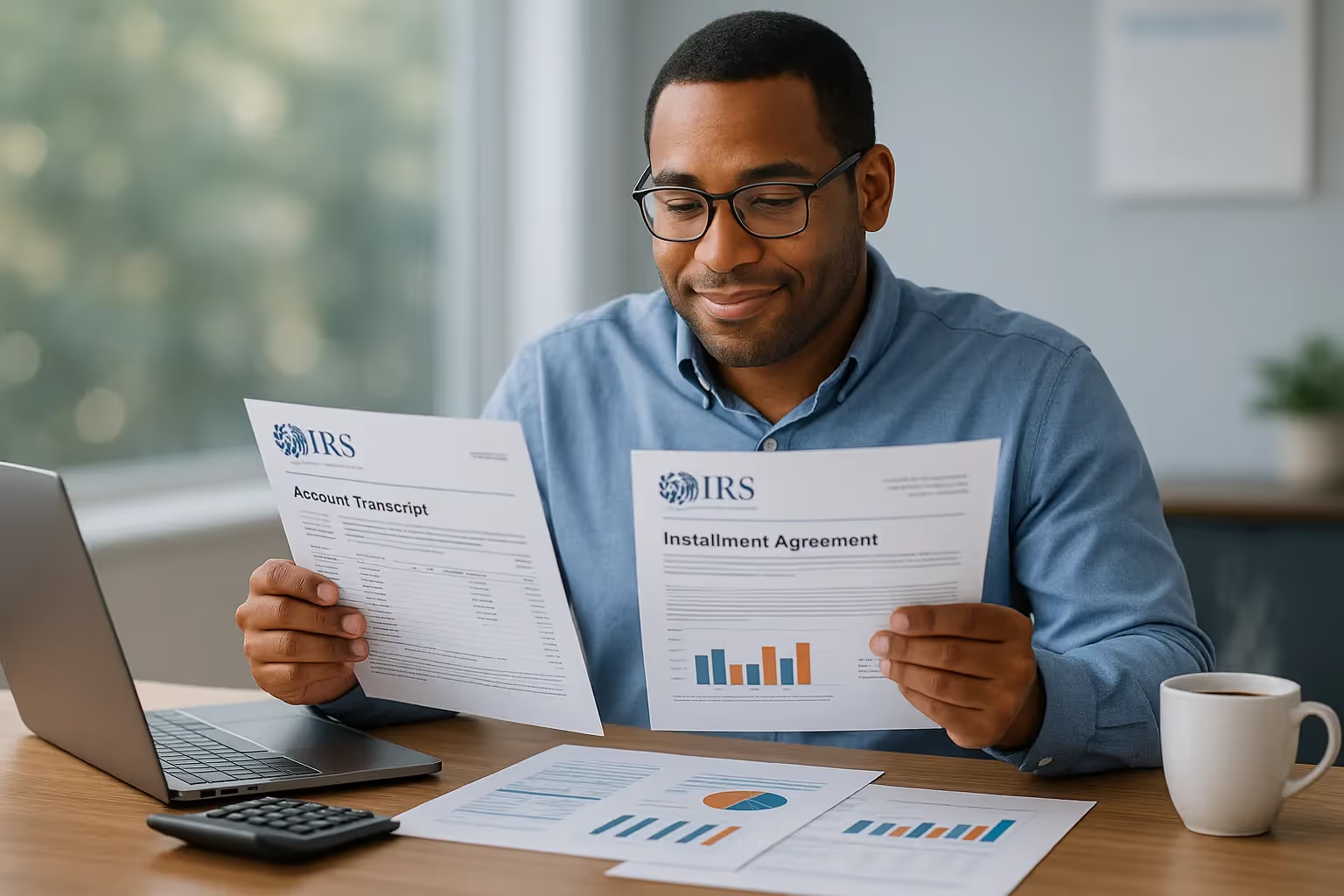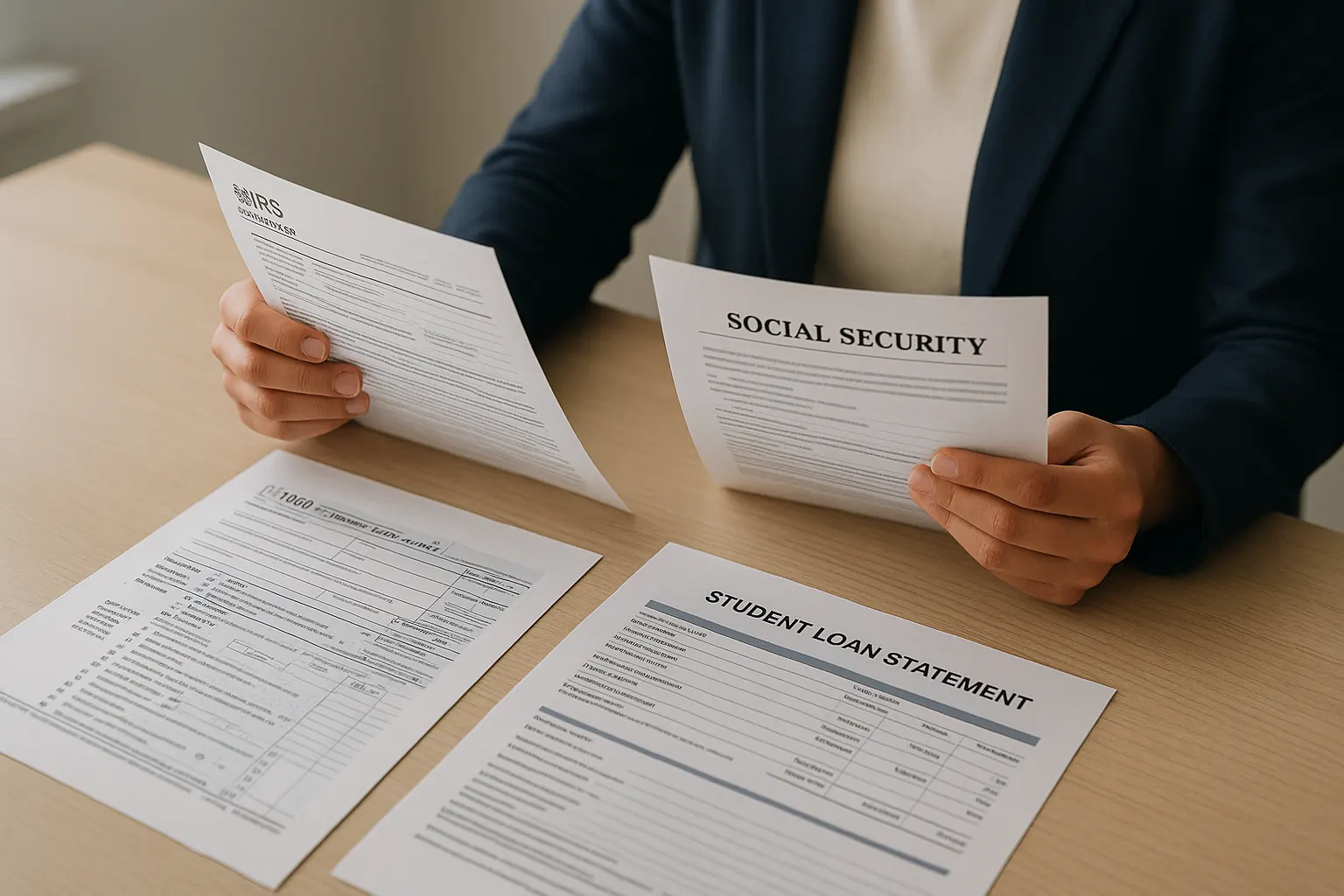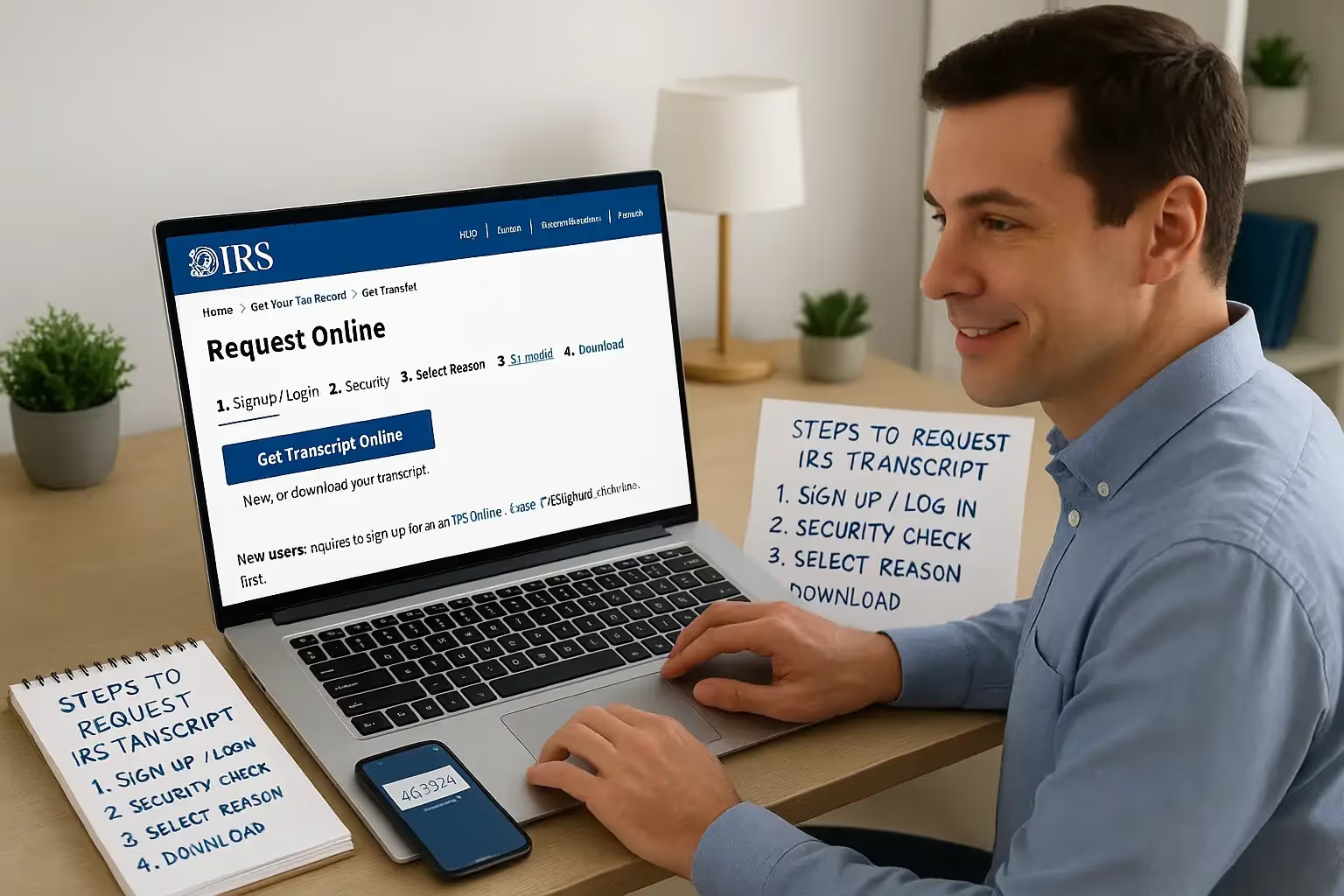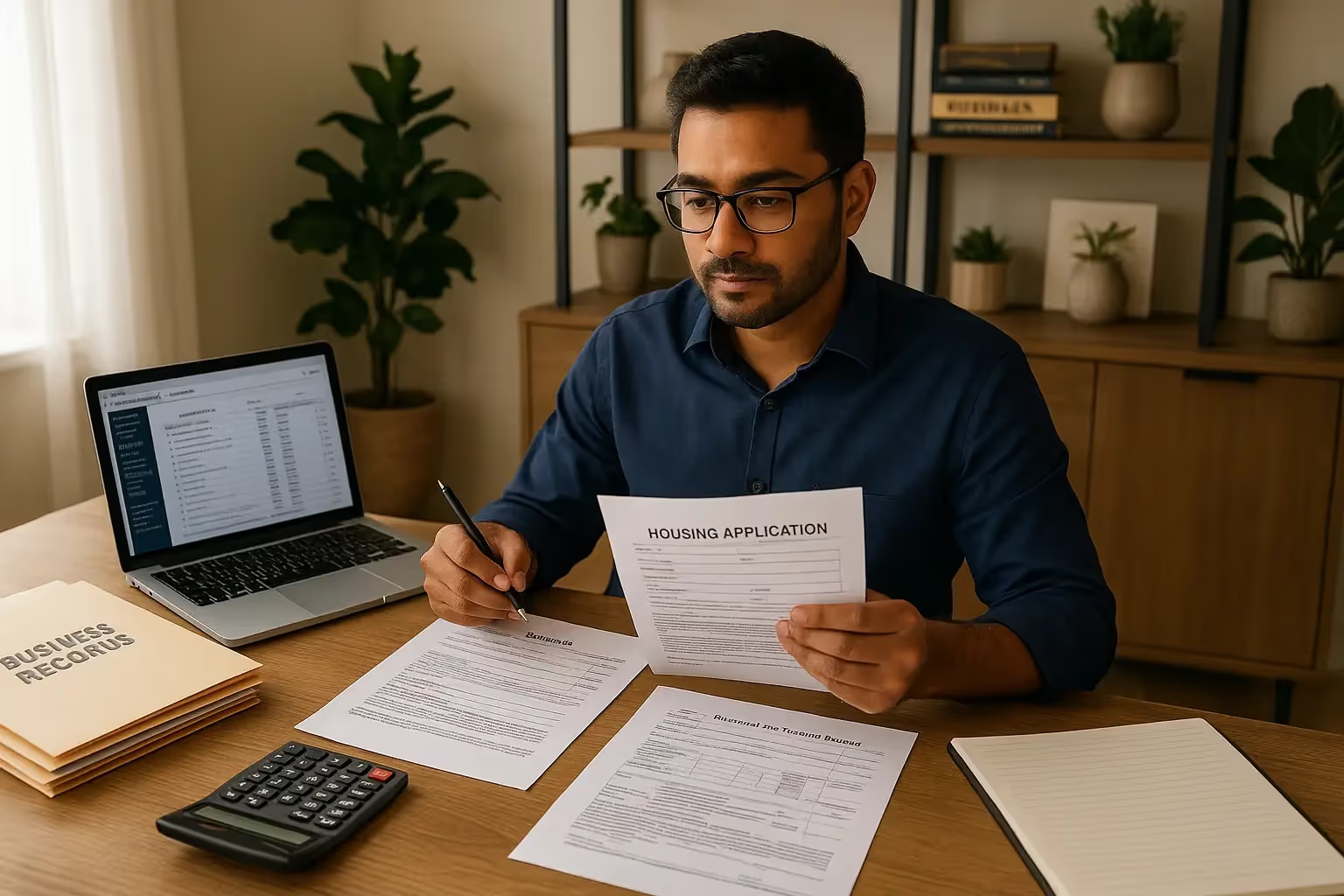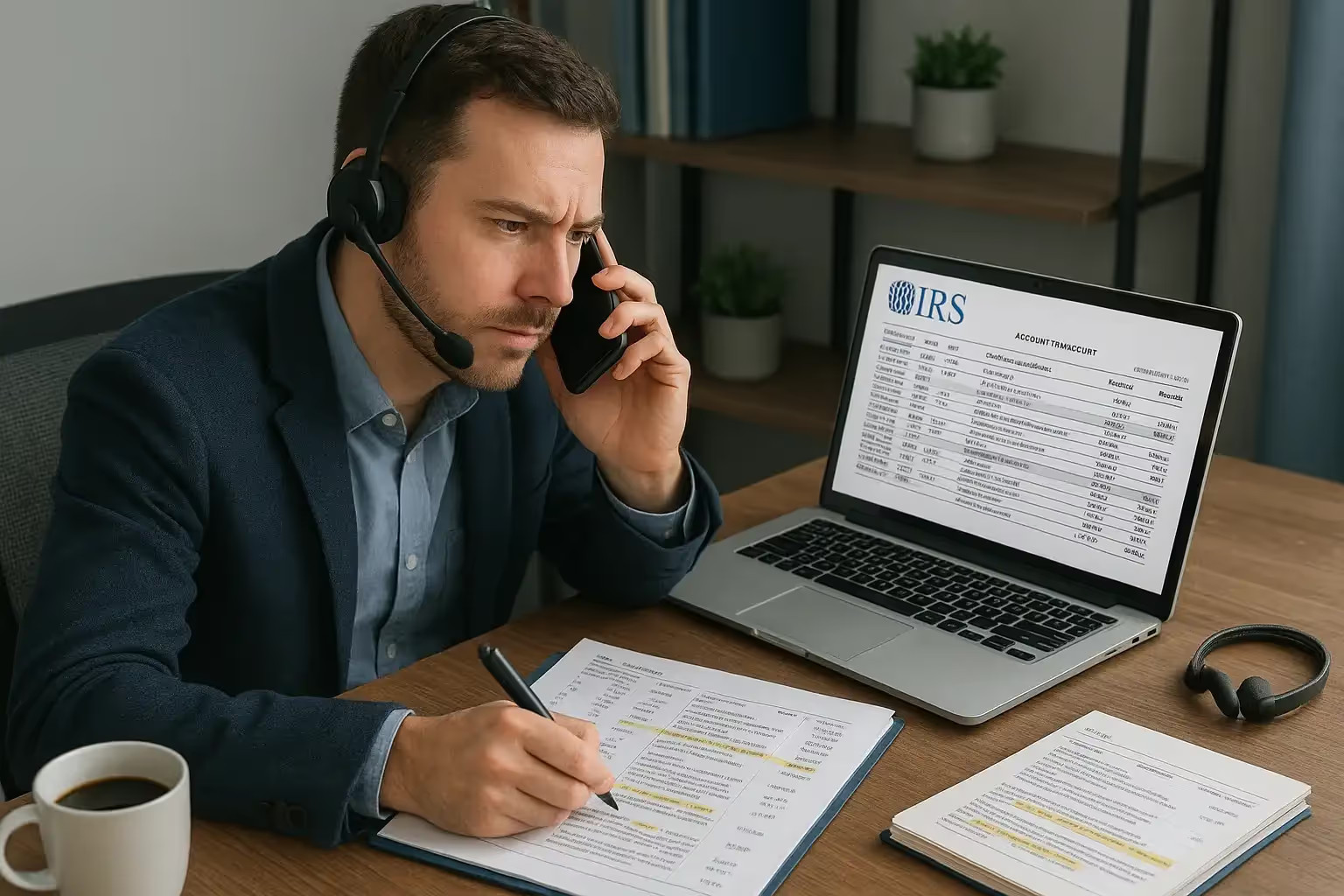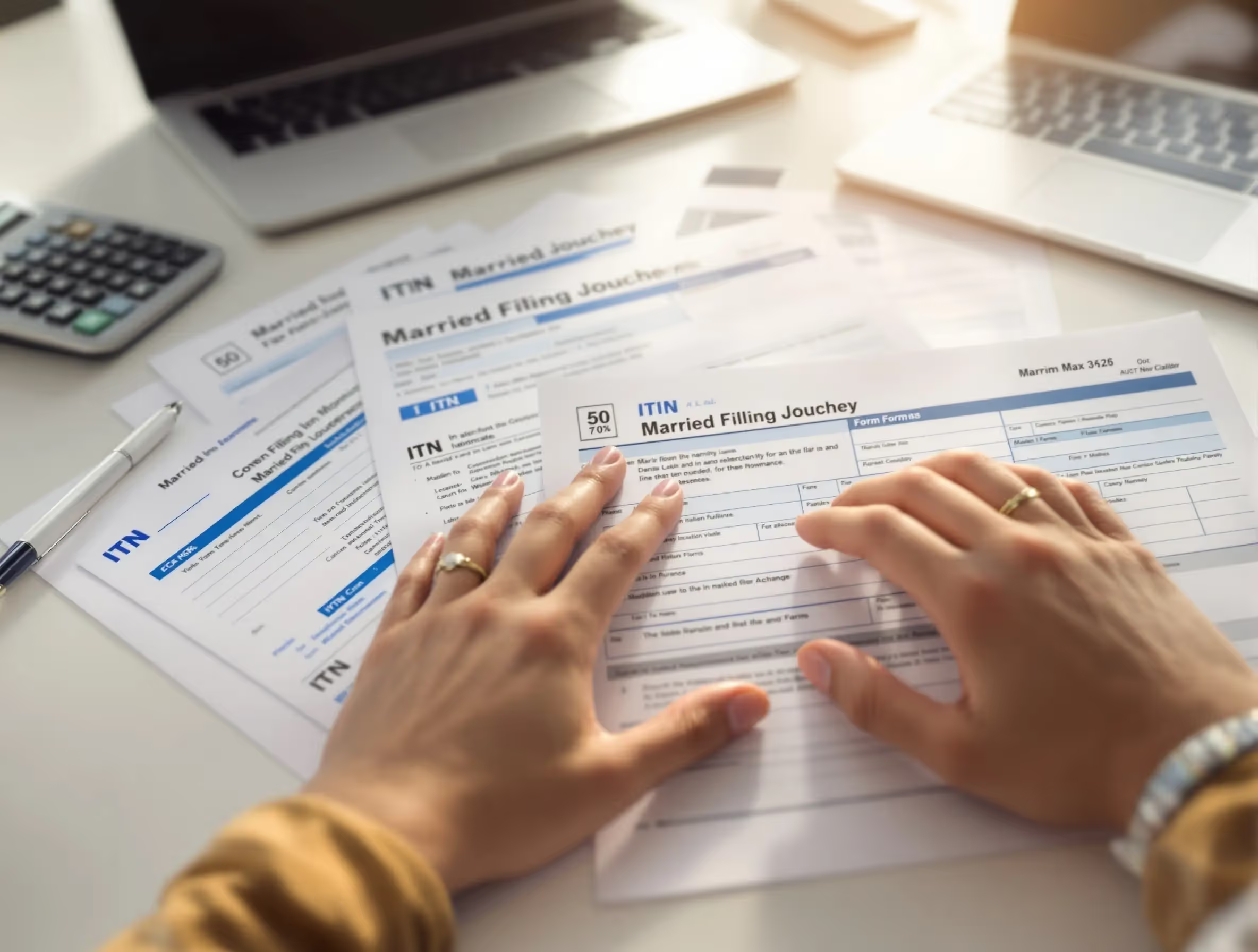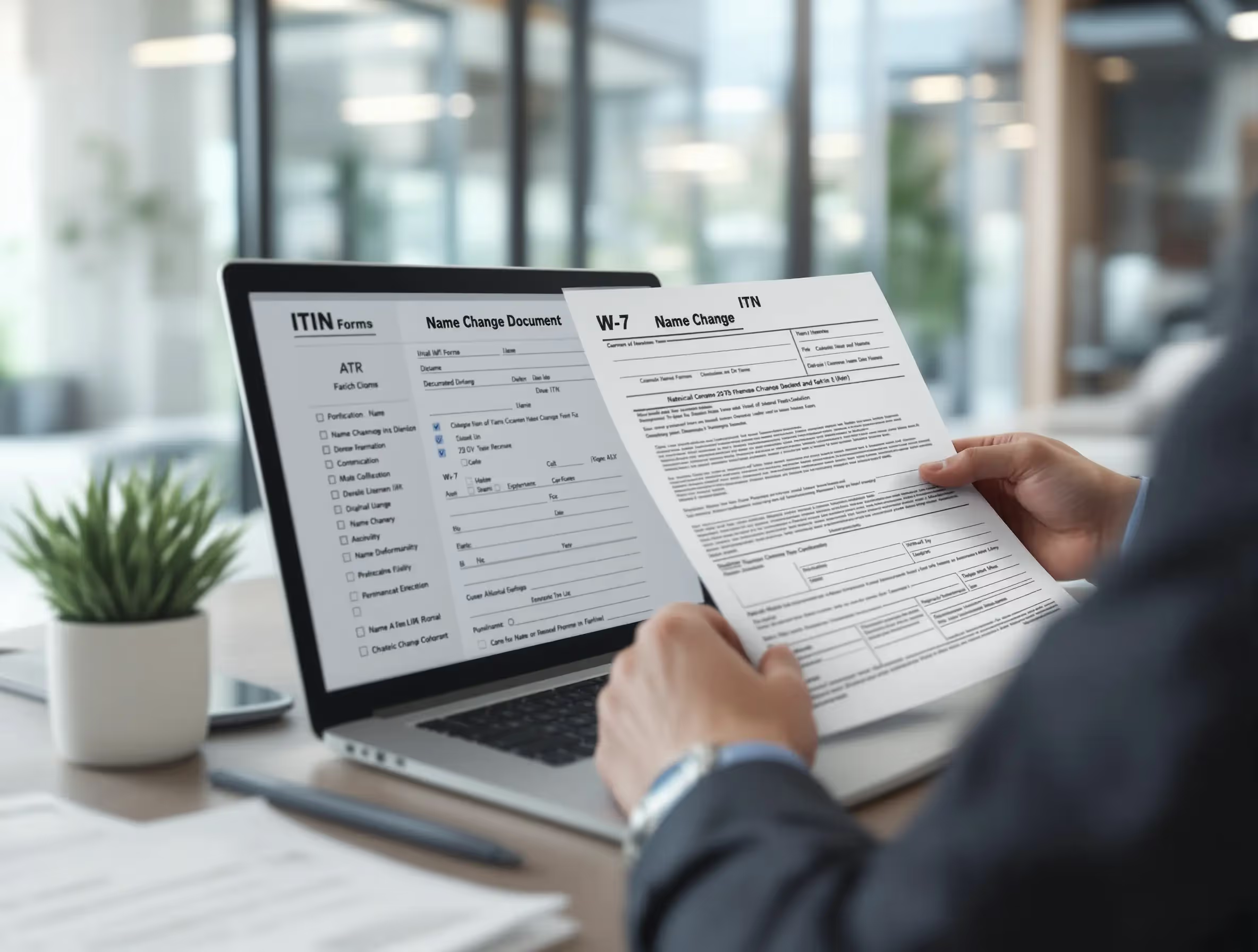
Many taxpayers and small business owners in Maryland occasionally need official proof of their tax history. Mortgage lenders, schools, and government programs often ask for documentation to verify income or filing status. Having an accurate copy of your state tax return ensures that your financial records are complete and easily verifiable.
The Comptroller of Maryland is responsible for maintaining state tax records and assisting individuals in accessing them when needed. A Maryland tax transcript, or more precisely, a copy of a filed return, includes every form and schedule you submitted initially. These documents can serve as reliable evidence of income, payments, and compliance with state tax laws.
People request copies for various reasons, such as buying a home, applying for college aid, or resolving questions from other state agencies. Some need them for immigration filings or to show proof of prior payments to the state. Whatever the reason, understanding how to obtain a copy of your Maryland tax return helps prevent unnecessary delays and complications.
What a Maryland Tax Transcript Really Means
In Maryland, “transcript” typically refers to a complete copy of the state return on file with the Comptroller. Unlike the IRS, which issues brief transcript summaries, the state provides an exact copy of what you filed, including any attachments submitted with the original forms. This copy is the official record used to verify information.
A return copy typically shows income, withholding, credits, and any payment or refund details tied to that filing. State agencies, lenders, and schools use it to check accuracy and confirm status. Only the individual taxpayer, a spouse on a joint return, or an authorized agent may receive a copy on someone’s behalf.
If a representative will request records, the comptroller may require a valid Power of Attorney and proper identification. Staff will provide guidance so requestors remain compliant with state privacy rules. Note that copies are mailed; they are not sent by email or fax.
How State Agencies Use Maryland Tax Returns
State agencies and partner institutions rely on tax returns to verify facts that affect benefits, licensing, or eligibility for services. Understanding common uses helps you decide which years to request and how to prepare.
- Mortgage or business underwriting: Lenders review returns to determine income stability and confirm that payment and filing histories align with the information provided in the application.
- Financial aid and scholarships: Colleges and state programs use copies to verify family income for students who need assistance.
- Immigration and court matters: Officials may require several years of tax returns to verify compliance, resolve a notice, or calculate support.
- Licenses and grants: A business may need to provide returns when applying for a permit or proving tax standing with the state.
Steps to Request a Return from the Comptroller of Maryland
1. Gather your information.
- Identification and address: Present a valid photo ID when visiting a branch office, and ensure that your current mailing address is up-to-date and accurate.
- Tax years list: Make a clear list of the exact years you need so the office can locate the proper files.
- If someone is helping: An attorney or agent acting on your behalf should include Power of Attorney documentation.
2. Complete the request forms.
- Accurate details: Enter names, Social Security numbers, and addresses exactly as they appeared when you filed.
- Joint returns: Both spouses must sign if the original return was filed together.
- Address changes: If your current address differs from the filing address, you may need notarization before submitting the forms.
3. Submit by mail or visit in person.
- Mail: Send your request to the comptroller’s Central Files unit; use the official address provided on marylandtaxes.gov.
- In-person: Visit a branch office located across the state for faster service; some requests can be completed on the same day.
- Keep copies: Retain a copy of everything you submitted for your records, including any supporting information.
4. Check status and receive your copy.
- Processing time: Mailed requests generally take 10–15 business days; in-person requests may be completed sooner.
- Contact options: Call the phone numbers listed on the comptroller's website to check the status or confirm receipt.
- Delivery: Copies are typically mailed for security purposes; bring identification if picking up at an office.
Common Mistakes and How to Avoid Them
- Wrong tax years: Always verify the exact years requested so the state can provide the correct return.
- Missing signatures: Every signature line must be completed, especially for joint filings.
- Mismatched address: When the current address differs from the filing address, follow notarization rules before submitting the forms.
- Photocopies or edits: Use original, clean request forms without cross-outs to avoid delays.
- Email expectations: The state sends copies by mail; electronic delivery is not available.
Practical Examples and Edge Cases
- Home purchase: An individual requests two years of copies for a mortgage. The request is mailed, and the documents are received within two weeks, allowing underwriting to proceed on schedule.
- Student aid: A parent authorizes an agent to obtain a copy for FAFSA verification purposes. The office confirms the Power of Attorney, and the copy is mailed to the listed address.
- Small business loan: A business owner brings photo ID to a branch and requests several years of payment history. The office is available to assist, and same-day pickup is also available.
- Move or name change: A taxpayer who has moved out of state must provide notarized documentation and update their contact information. Staff help determine which years the lender needs and complete the process.
Troubleshooting Checklist
- Form completeness: Every field is filled, and all signatures match the original filing name format.
- Identity match: You include names, Social Security numbers, and the return year, which align with state records.
- Address rules: Notarization is included when the mailing address has changed since you filed.
- Submission method: You chose mail or in-person delivery and kept copies of what you submitted.
- Timing: You waited the typical processing window before calling to check the status.
- Follow-up: You used the official contact links or phone numbers to request help when needed.
Frequently Asked Questions
Is it free to request a copy of my Maryland return?
Requesting a Maryland tax transcript or return copy is free through the Comptroller of Maryland. There are no state-imposed fees for this service, and the process can be completed by mail or in person. Individual taxpayers may need to cover minor costs for postage or notarization, but the state does not charge for accessing or providing copies of your submitted forms.
Can an attorney or agent act on my behalf?
Yes, an attorney or authorized agent can request tax returns on your behalf if they include a valid Power of Attorney form. The comptroller will only release copies to eligible representatives listed on the document. Completing this form helps protect your personal information while ensuring that qualified agents can manage the process on your behalf.
How do I check the status of a mailed request?
After you file your request by mail, allow at least 10 to 15 business days before checking the status. You can contact the Comptroller of Maryland’s office by phone to confirm whether your documents have been received or mailed. Be prepared to verify your identity by providing your name, Social Security number, and the requested tax years for which you are filing.
What if I never filed for a particular year?
If a tax year was never filed, the state can issue a notice confirming that no return exists on record. This document helps other state agencies or lenders determine your eligibility for financial aid or compliance purposes. The comptroller can provide this information after verifying your identity and checking the state filing database.
What if my records are under a prior name or address?
If your Maryland tax returns were filed under a different name or address, include that information in your request so the office can locate your records. The process generally requires notarization if your current address differs from the one originally submitted. Bringing a valid photo ID or contacting the office directly ensures faster assistance and accurate access to your tax documents.












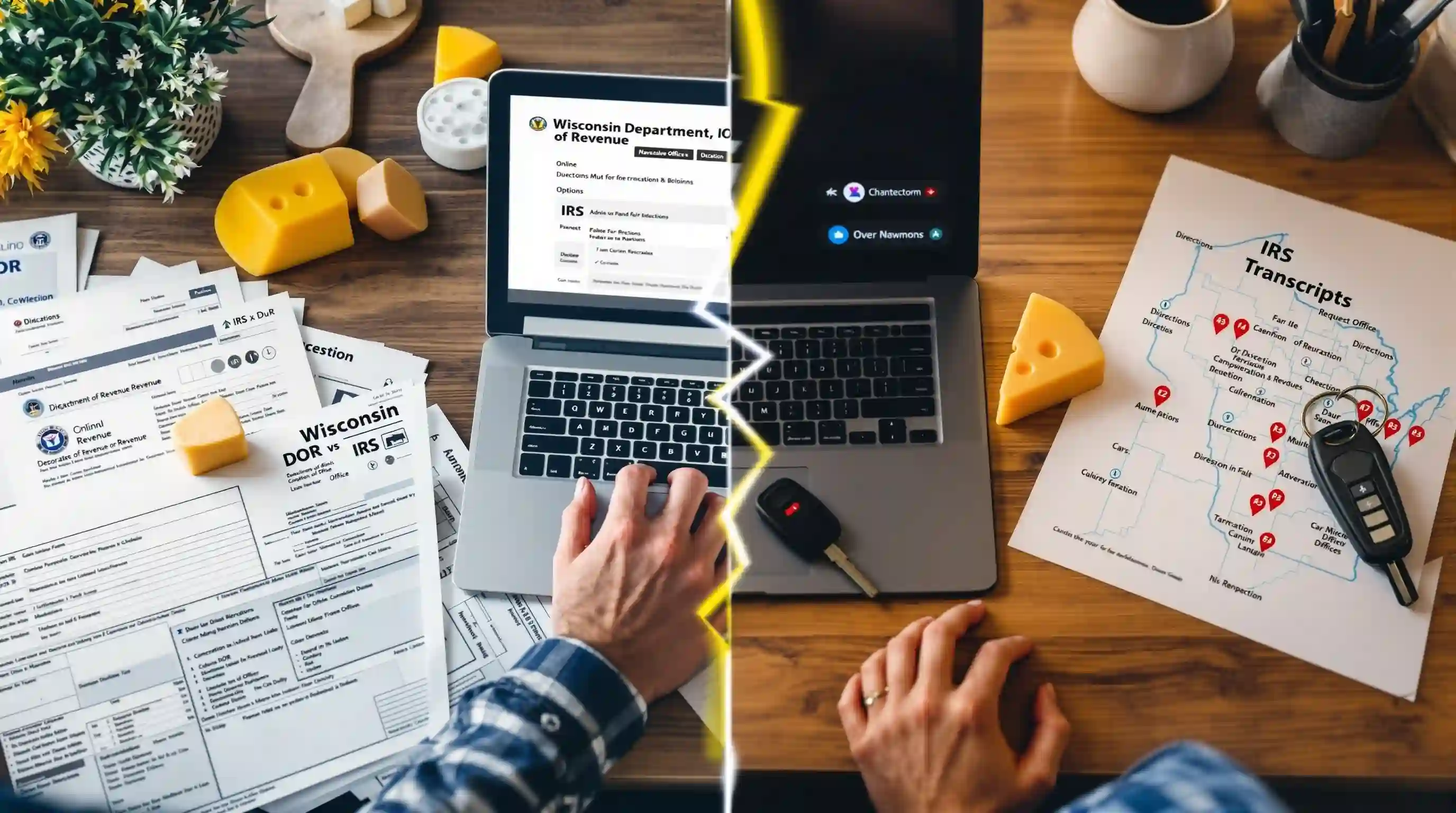


.avif)


